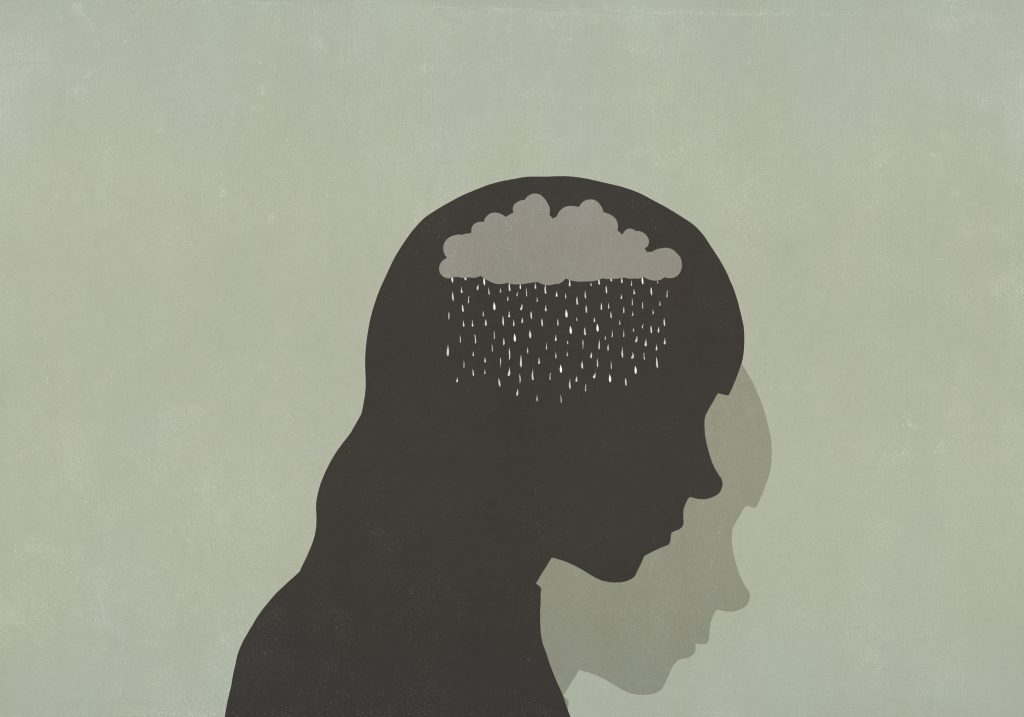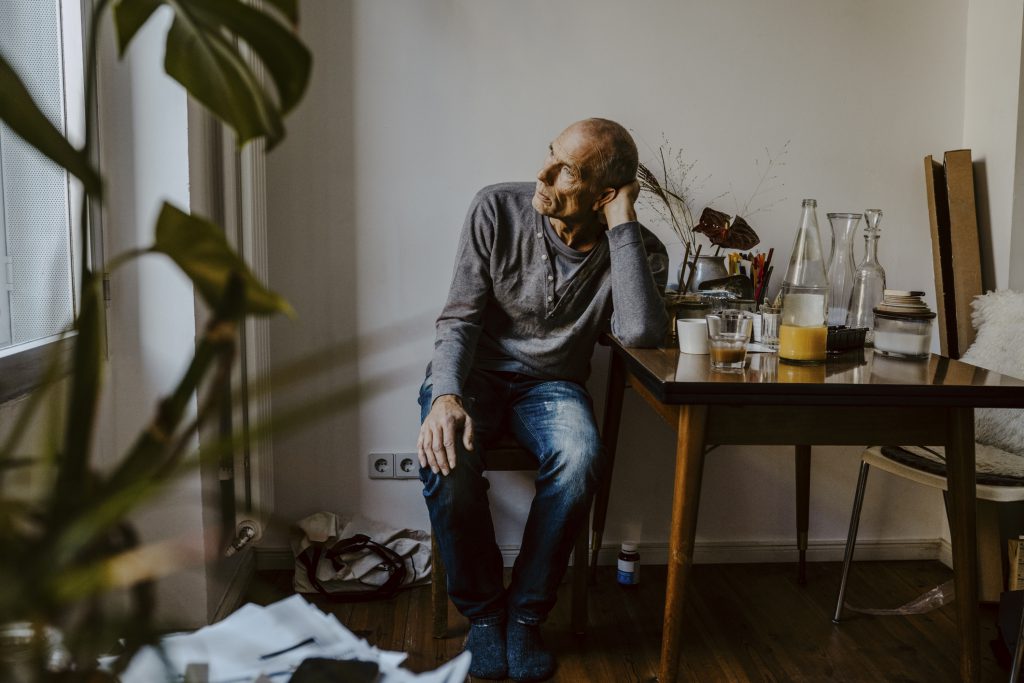Awareness of our own and others’ mental health is growing around the world, but sadly still hasn’t shaken the stigma and embarrassment. With the global pandemic, it’s easier now to dismiss co-workers’ mental health. At the same time, with our new remote workforce, it’s more important than ever to be aware and reach out.

The National Institute of Mental Health reports that mental illness is prevalent in the U.S., with 51.5 million (or 20.6 percent of all U.S. adults) experiencing some form. However, only 44.8 percent of those with a mental illness received mental health services. And those numbers are even more dire in developing countries around the world.
Just as you are aware of your physical health, your mental health awareness is just as important. Awareness helps you understand and recognize when you need help, or recognize when someone close to you needs help. Mental health awareness isn’t a buzzword you pay attention to only in May when it’s National Mental Health Awareness Month. And while it’s important to monitor your own mental health, recognizing when others need help is important, too.
Recognizing mental health issues
Most commonly, people suffer from anxiety disorders, substance abuse, depression or bipolar disorder, post-traumatic stress disorder, schizophrenia, or suicidal thoughts. Because your mental health affects the way you think, feel, and behave a mental health disorder affects you socially, professionally, and personally.

Recognizing you or someone you care for is experiencing mental health issues is the first step in getting treatment. Mental health awareness means you can identify symptoms and know how to get help. Some symptoms include:
- Changes in appetite
- Sleeping pattern changes
- Impulsive decisions
- Stress relief with alcohol or drugs
- Suicidal thoughts
The more widespread mental health awareness becomes, the more we can care for and support those needing it. And the more we normalize and prioritize mental health in our everyday lives, the better outcome for those suffering. A powerful TED Talk by Vikram Patel illuminates the problem.
Offering more behavioral health resources
Boosting how, where, and when we offer behavioral health resources means taking awareness to the next level. When more people know and understand mental health treatment, more resources will become available. Instead of relying on police officers, social workers, or a family physician to tackle mental health, we need affordable resources like:
- Mental health programs
- Employee mental health awareness and pulse surveys
- Mental health hospitals, both inpatient and out
- More 12-step programs to help people discover a different way
- Medical detox programs from drugs and alcohol
Overcoming the mental health stigma
Awareness and focus can help us break the stigma of needing mental health care. When we focus instead on its prevalence and the steps needed to treat mental health issues, many will realize they’re not alone and there are resources to help. Awareness breeds familiarity, and familiarity leads to acceptance and recovery.
Mental Health Awareness Month started back in 1949, and we’re still not fully accepting it today. But the more people who take steps to learn and understand, to relate to others, and to make healthy choices affects how we think, feel, and act concerning mental health. Mental health issues affect emotional, psychological, and social well-being at any age or stage of life, from childhood through adulthood.
As a society, we need to learn more so we can think differently and accept mental health issues as part of being human. Once people realize they are not alone with their struggles, that in fact, their diagnosis is common, they feel more normal, giving them confidence that those who have gone before and those who are currently struggling are just like them.
Supporting those coping with mental illness
Social support is vital to those coping with mental illness. We’re social creatures, and we must be seen, heard, included, understood, and finally, accepted. Creating programs with social support as well as mental health treatment helps more people overcome the huge hurdle that is today’s mental health solutions.

Mental health awareness means supporting someone who refuses to acknowledge that they need help for a mental health condition. Rarely do they ask for help. Regardless of the struggle, offering compassion, understanding, and acknowledgment makes it easier for those suffering to choose help. When you’re educated about mental health awareness, you’re better able to spot, discuss, and offer resources to help someone recover.
We need to make sure everyone understands and accepts, especially in today’s world, it’s okay to say you’re “not okay.”
Final thoughts
It’s incredibly difficult for someone to acknowledge they need help, and even more so to ask for it. By normalizing mental illness as part of being human, we can advocate for those suffering with compassion, understanding, and acknowledgment. Perhaps that’s our superpower and why mental health awareness is crucial today and every day.






